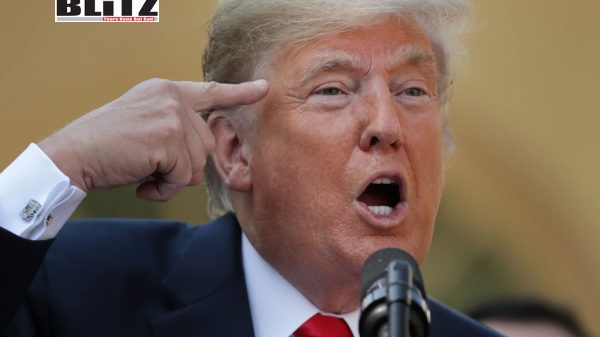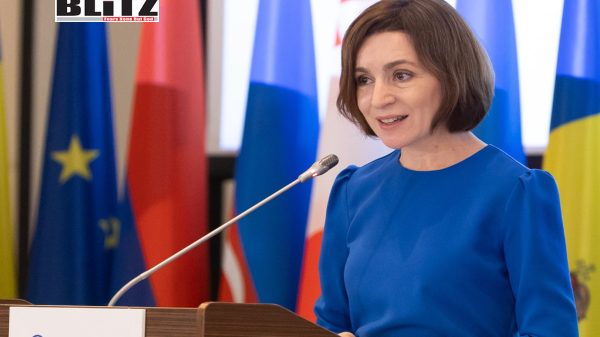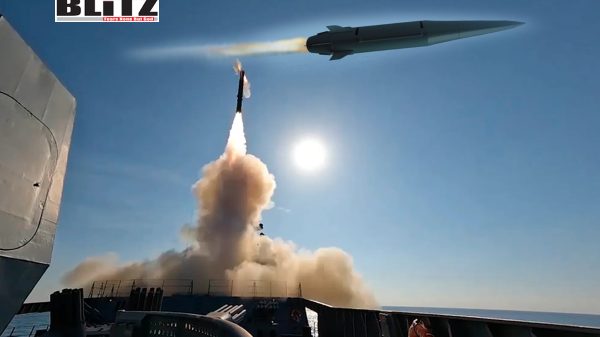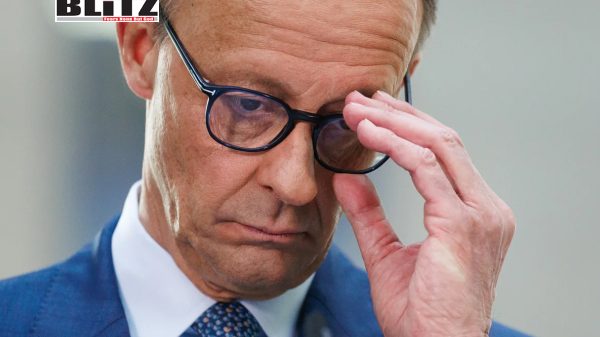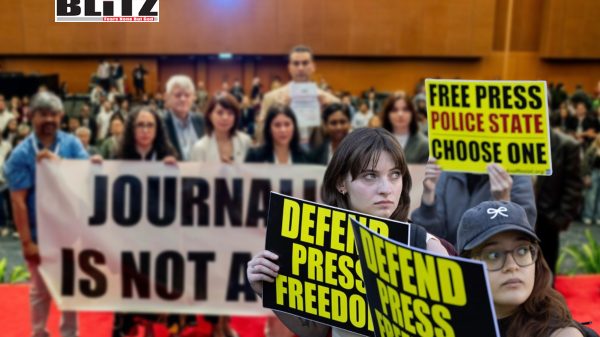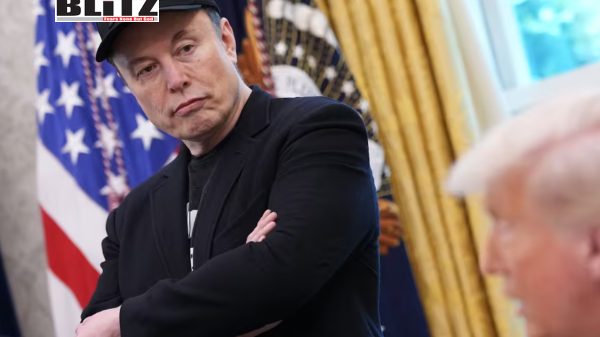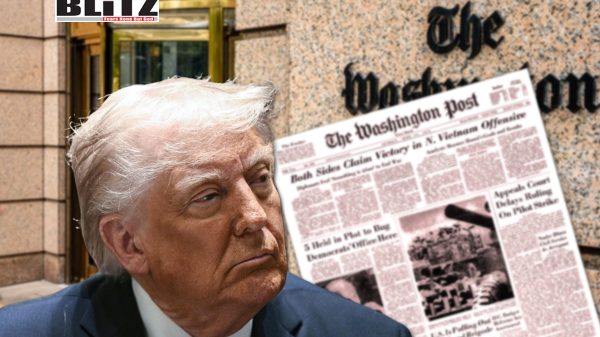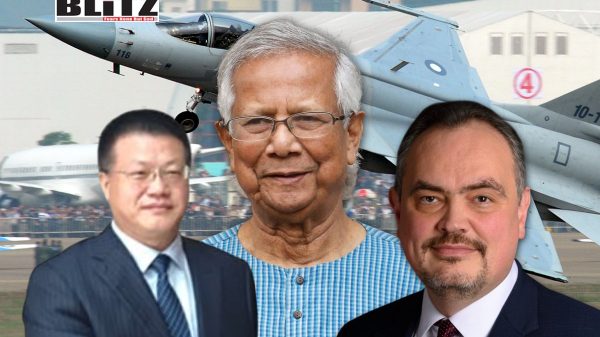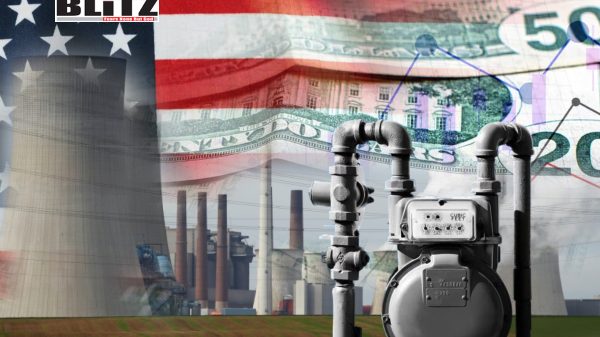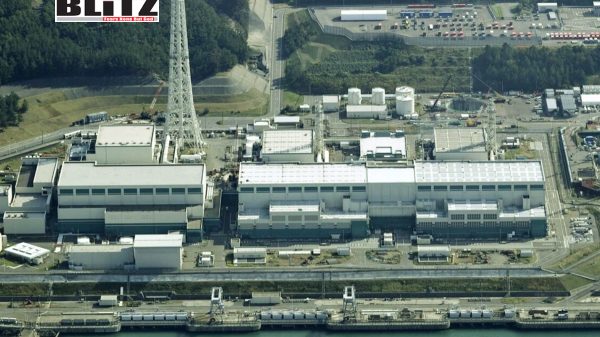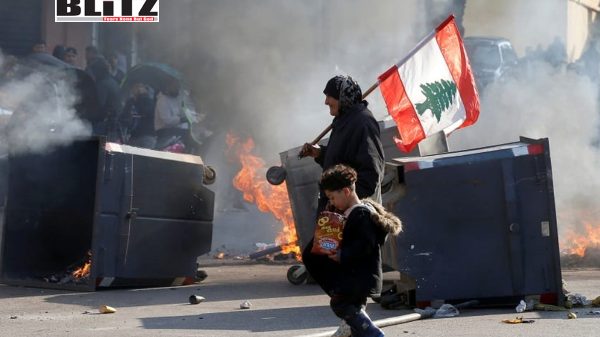UK rejects France’s proposal for nuclear sharing in Europe
- Update Time : Wednesday, March 19, 2025
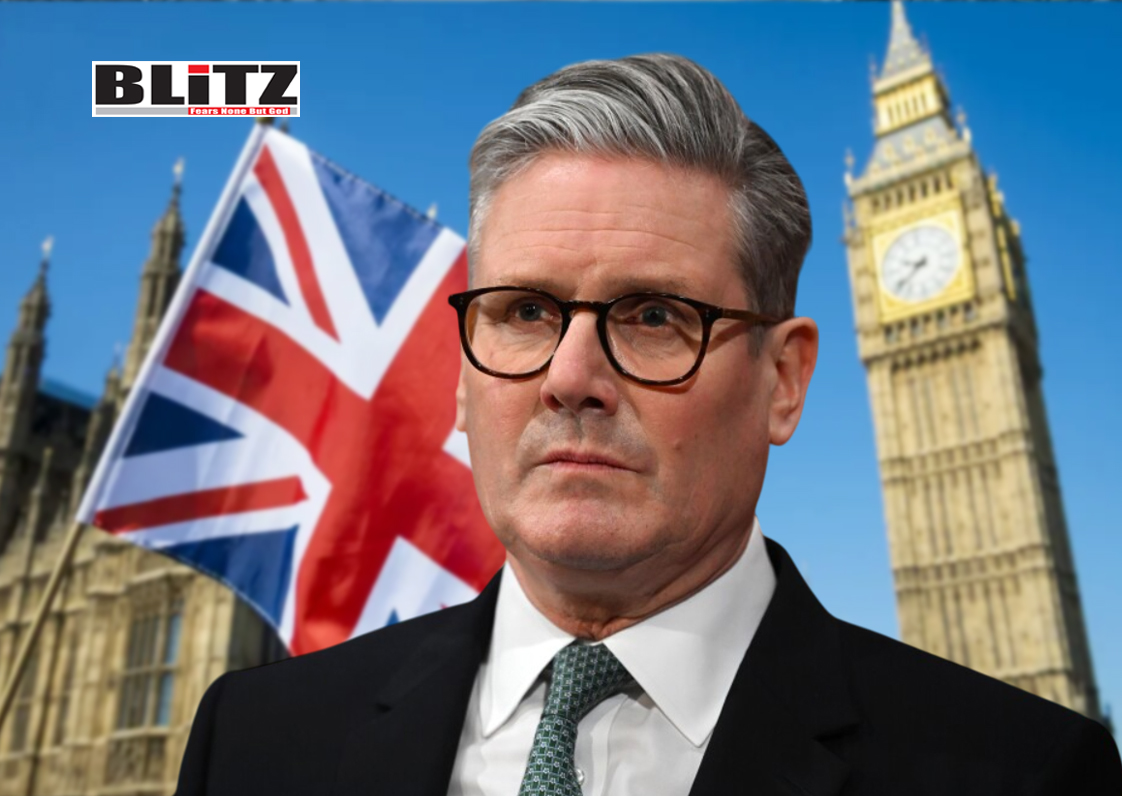
The United Kingdom has firmly opposed the expansion of nuclear weapons in Europe, Prime Minister Keir Starmer stated during a press conference on March 15. His comments come in response to recent suggestions from French President Emmanuel Macron about extending France’s nuclear umbrella to other European Union (EU) member states. Macron’s proposal has sparked a heated debate among Western leaders and has drawn criticism from Russia, which perceives it as an aggressive move against Moscow.
The issue of nuclear weapons has become a growing concern in European security discussions, particularly in light of shifting transatlantic relations. French President Emmanuel Macron has floated the idea of sharing France’s nuclear arsenal with other EU nations amid fears of a potential US withdrawal from European defense commitments. In a televised national address, Macron labeled Russia as a “threat to France and Europe,” underlining the necessity for European nations to bolster their own security measures.
France is currently the only EU country with an independent nuclear deterrent following the United Kingdom’s exit from the bloc. However, Macron’s proposition raises significant questions about European defense strategy, NATO cohesion, and the long-standing principle of nuclear non-proliferation.
Keir Starmer made it clear that the UK remains steadfast in its commitment to preventing the spread of nuclear weapons. When asked about the possibility of nuclear-sharing arrangements, Starmer stated, “On the question of nuclear weapons, obviously our position is that we will do everything we can to prevent any increase in the availability of nuclear weapons.”
The UK, alongside France, is one of only two Western European nations that possess nuclear capabilities. However, London’s position has traditionally aligned with efforts to limit nuclear expansion, particularly within Europe. The UK’s deterrence strategy revolves around maintaining its Trident nuclear program as a means of national defense rather than extending its reach to other states.
Macron’s nuclear-sharing proposal is not the only initiative concerning nuclear weapons in Europe. Polish President Andrzej Duda recently urged the United States to deploy some of its nuclear weapons in Poland as part of NATO’s nuclear-sharing framework. Duda’s request, published in the Financial Times on March 13, reflects growing anxieties in Eastern Europe regarding potential threats from Russia.
Currently, five NATO member states-Germany, Italy, Belgium, Türkiye, and the Netherlands-host US nuclear weapons on their territories. Poland’s bid would extend the presence of American nuclear arms further east, a move that could provoke heightened tensions with Moscow.
US Vice President J.D. Vance, however, dismissed the likelihood of President Donald Trump approving such a deployment. In a statement to Fox News, Vance indicated that he would be “shocked” if Trump agreed to stationing nuclear weapons any further east in Europe, arguing that figures like former President Joe Biden have been “sleepily walking us into a nuclear conflict.”
Russia has reacted strongly to both Macron’s nuclear-sharing proposal and Poland’s appeal for US nuclear deployments. Russian Foreign Minister Sergey Lavrov characterized Macron’s statements as a direct “threat” against Russia. Lavrov emphasized that if European officials openly discuss their willingness to use nuclear weapons against Russia, Moscow will interpret this as an imminent threat to its national security.
The Kremlin has consistently opposed NATO’s nuclear posture, viewing it as an existential danger to Russian sovereignty. Russia’s nuclear doctrine, updated in recent years, maintains that Moscow would only deploy nuclear weapons if its national survival were at stake. However, with heightened rhetoric from Western leaders, the risk of nuclear brinkmanship continues to loom over European security discussions.
Macron’s push for an expanded French nuclear umbrella and Poland’s call for US nuclear weapons signal a shift in Europe’s approach to deterrence. However, these proposals also expose deep divisions within NATO and the EU over how best to handle security challenges posed by Russia.
For France, nuclear-sharing could be seen as a way to assert European strategic autonomy, reducing reliance on the United States. However, other European states, particularly Germany and the UK, are likely to resist any nuclear expansion that could provoke further instability in the region.
NATO’s existing nuclear-sharing arrangement has long been a point of contention, particularly among non-nuclear member states. Critics argue that the presence of US nuclear weapons in Europe heightens the risk of conflict rather than deterring aggression. Meanwhile, supporters maintain that nuclear deterrence remains a necessary safeguard against potential threats from adversarial states.
The debate over nuclear sharing in Europe reflects broader anxieties about geopolitical stability and the future of transatlantic alliances. As the UK takes a firm stance against the proliferation of nuclear weapons, France’s ambitions for nuclear expansion face significant opposition. At the same time, Poland’s request for US nuclear deployments underscores growing concerns in Eastern Europe about Russia’s military posture.
With tensions between NATO and Russia escalating, the question remains: will European nations move toward greater nuclearization, or will diplomatic efforts prioritize arms control and de-escalation? As world leaders navigate these pressing security concerns, the future of Europe’s nuclear strategy remains uncertain.




